As a business owner, understanding VAT (Value Added Tax) is crucial for maintaining compliance and managing your finances effectively. VAT is a fundamental component of the UK’s tax system, and it impacts businesses of all sizes. In this guide, we will get into what VAT is, its significance, how it works, and why it’s essential for businesses to understand and manage it properly.
What is VAT?
VAT, or Value Added Tax, is a consumption tax levied on most goods and services sold in the UK. It is a multi-stage tax that is collected at every stage of the production and distribution process. Essentially, it is a tax on the value added to a product or service at each stage of its supply chain.
Types of VAT Rates
In the UK, there are different rates of VAT:
- Standard Rate (20%): This applies to most goods and services.
- Reduced Rate (5%): Applied to certain goods and services, such as children’s car seats and home energy.
- Zero Rate (0%): Applies to most food and children’s clothes, among other items.
- Exemptions: Certain services, such as education and healthcare, are exempt from VAT.
For more detailed information on VAT rates, you can refer to the HMRC VAT rates guide.
How VAT Works
VAT is collected by businesses on behalf of HMRC. When a business sells a product or service, it charges VAT to the customer. Conversely, when a business purchases goods or services, it pays VAT to the supplier. The business then reports these transactions in its VAT return, which typically needs to be filed quarterly.
Input VAT and Output VAT
- Output VAT: The VAT a business charges on its sales.
- Input VAT: The VAT a business pays on its purchases.
Businesses can reclaim the input VAT they’ve paid, offsetting it against the output VAT they’ve collected. The difference between the output VAT and input VAT is then paid to HMRC or reclaimed if the input VAT exceeds the output VAT.
Importance of Understanding VAT
1. Compliance
Proper understanding and management of VAT are critical for compliance with HMRC regulations. Non-compliance can lead to penalties, interest charges, and even legal action. Ensuring that your business charges the correct VAT rate, submits accurate returns, and pays the tax on time is essential to avoid these repercussions.
2. Financial Planning and Cash Flow Management
VAT has a significant impact on a business’s cash flow. By understanding how VAT works, businesses can plan their finances better, ensuring they have sufficient funds to cover their VAT liabilities. This planning includes knowing when VAT payments are due and managing the timing of your input and output VAT.
3. Cost Management
For businesses that can reclaim VAT, understanding VAT can lead to cost savings. By accurately tracking and claiming input VAT, businesses can reduce their overall tax burden, which can positively impact their profitability.
Steps to Manage VAT Effectively
1. Register for VAT
If your business’s taxable turnover exceeds the VAT threshold (currently £85,000), you must register for VAT with HMRC. Even if your turnover is below this threshold, you can voluntarily register for VAT, which might benefit your business by allowing you to reclaim input VAT.
2. Keep Accurate Records
Maintaining accurate and up-to-date records is crucial for VAT management. This includes invoices, receipts, and VAT returns. Good record-keeping practices ensure that you can accurately calculate your VAT liabilities and reclaim input VAT.
3. Use Accounting Software
Leveraging accounting software can simplify VAT management. Many cloud-based accounting platforms, such as Xero, QuickBooks, and Sage, are compatible with HMRC’s Making Tax Digital (MTD) requirements. These tools can automate VAT calculations, track transactions, and facilitate timely VAT return submissions.
4. Understand VAT Schemes
HMRC offers several VAT schemes designed to simplify VAT reporting for businesses. These include the Flat Rate Scheme, Cash Accounting Scheme, and Annual Accounting Scheme. Understanding these schemes and determining which one is most beneficial for your business can streamline your VAT processes and potentially save money.
For more information on VAT schemes, visit the HMRC VAT schemes page.
Get Expert Help with VAT Management
Navigating VAT regulations can be complex. If you need assistance, contact Adroit Consulting Group for expert guidance. Our team can help you understand your VAT obligations, ensure compliance, and optimise your tax management.
Common VAT Challenges and How to Overcome Them
1. Complexity of VAT Rules
The complexity of VAT rules can be overwhelming, especially for businesses with diverse products and services. Different rates, exemptions, and special rules can complicate VAT calculations. Seeking professional advice can help ensure your business applies the correct VAT rates and remains compliant.
2. International Transactions
For businesses involved in international trade, managing VAT can be even more challenging. Different countries have different VAT rules, and understanding how to handle VAT on imports and exports is crucial. Utilising tools like the HMRC VAT on goods sold abroad guide can provide valuable insights.
3. Making Tax Digital (MTD) Compliance
The UK government’s Making Tax Digital initiative requires businesses to keep digital records and submit VAT returns using compatible software. Ensuring your business complies with MTD can involve transitioning to new accounting systems and training staff. However, this transition can ultimately lead to more efficient VAT management.
Mastering VAT: A Key to Business Success
Understanding and managing VAT is not just about compliance; it’s about optimising your business operations. By mastering VAT, businesses can improve their financial planning, enhance cash flow management, and potentially reduce costs. This understanding empowers businesses to focus more on growth and less on the complexities of tax regulations.
Stay Ahead with Expert VAT Advice
VAT is a critical aspect of running a business in the UK. It’s essential to understand how it works, the impact it has on your business, and the steps you need to take to manage it effectively. From registration to record-keeping, using accounting software, and navigating complex rules, a comprehensive understanding of VAT is indispensable.
For personalised assistance and to ensure your business stays compliant and efficient, reach out to Adroit Consulting Group here. Our experts are here to help you every step of the way, from understanding VAT basics to managing complex VAT scenarios. Don’t let VAT complexities hinder your business success—get in touch with us today.
Book your free consultation now by clicking here.

